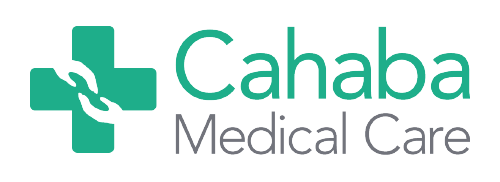International Rotations - Guatemala
Submitted by
Dr. Molly Hamilton
(Former Rural Resident / Current OB Fellow)
I spent four weeks in Santa Cruz La Laguna, Guatemala for my PGY3 Missions Block. I worked with an NGO clinic called Mayan Medical Aid. The clinic provides care of acute and chronic conditions, as well as prenatal care for the primarily indigenous population in this rural town in Guatemala. The patient population is significantly underserved due to their remote location and minority language. The majority of the patients speak K’achikel, an indigenous Mayan language, and require an interpreter to understand Spanish. Many patients live in Santa Cruz La Laguna but others walk from nearby villages or take a “lancha” across the lake to reach the clinic. The staff of the clinic consists of a US-trained physician and two nurse assistants/interpreters.
Throughout my time in the clinic, I worked closely with the two nurses on staff. I diagnosed and treated patients independently with the direct and indirect supervision of the physician. I was also able to participate in prenatal OB ultrasound. While many of the conditions I saw were diseases commonly encountered in rural Alabama, like diabetes and hypertension, I also saw leishmaniasis, hepatitis A, chicken pox, and countless parasite infections. The majority of patients that I saw were women and children. Occasionally men would come to the clinic but many missed this opportunity as they spent the day working as a “jornalero”, or day laborer, clearing the steep land nearby with a machete so corn, strawberries, and beans could be planted. Generally, women tended to the house and the children. They were also responsible for tasks traditionally considered “women’s work”, including chopping and gathering firewood, weaving traditional fabric on a loom, and washing clothes outdoors in a “pila”. With these physically demanding tasks as part of their daily routine, patients with arthritis and other musculoskeletal complaints were often seen in the clinic requesting something for relief to help them through the day.
One of the most interesting aspects of my experience was gaining a greater understanding of traditional Mayan medicine and how it could be integrated into a modern medical practice. One of the nurses in the clinic was an experienced herbalist and spoke to me at length about the Mayan history of using plants to heal. She had a medicinal garden and invited me to learn more about the plants and their traditional uses. Working alongside her helped me understand that by showing interest in this traditional practice you could gain the trust of the local community. By the time my month was ending, word had spread through the town and surrounding villages that a new doctor, a woman, was practicing in the clinic. It was a privilege to be able to attend and treat these patients, particularly the women who did not feel comfortable with a male physician.
I really enjoyed my time in Guatemala and learned a lot about what it takes to run a small clinic in a developing country, including choosing and purchasing medications, licensing requirements, and fulfilling other governmental regulations. In the future after graduation, I would love to be able to return to spend more time working in this area with this community that made such an impact on me.


